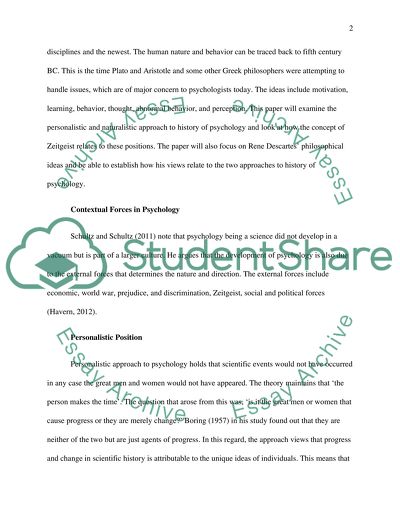Cite this document
(“Personalistic and Naturalistic Approach in the History of Psychology Research Paper”, n.d.)
Personalistic and Naturalistic Approach in the History of Psychology Research Paper. Retrieved from https://studentshare.org/psychology/1443559-examine-the-personalistic-and-naturalistic
Personalistic and Naturalistic Approach in the History of Psychology Research Paper. Retrieved from https://studentshare.org/psychology/1443559-examine-the-personalistic-and-naturalistic
(Personalistic and Naturalistic Approach in the History of Psychology Research Paper)
Personalistic and Naturalistic Approach in the History of Psychology Research Paper. https://studentshare.org/psychology/1443559-examine-the-personalistic-and-naturalistic.
Personalistic and Naturalistic Approach in the History of Psychology Research Paper. https://studentshare.org/psychology/1443559-examine-the-personalistic-and-naturalistic.
“Personalistic and Naturalistic Approach in the History of Psychology Research Paper”, n.d. https://studentshare.org/psychology/1443559-examine-the-personalistic-and-naturalistic.


